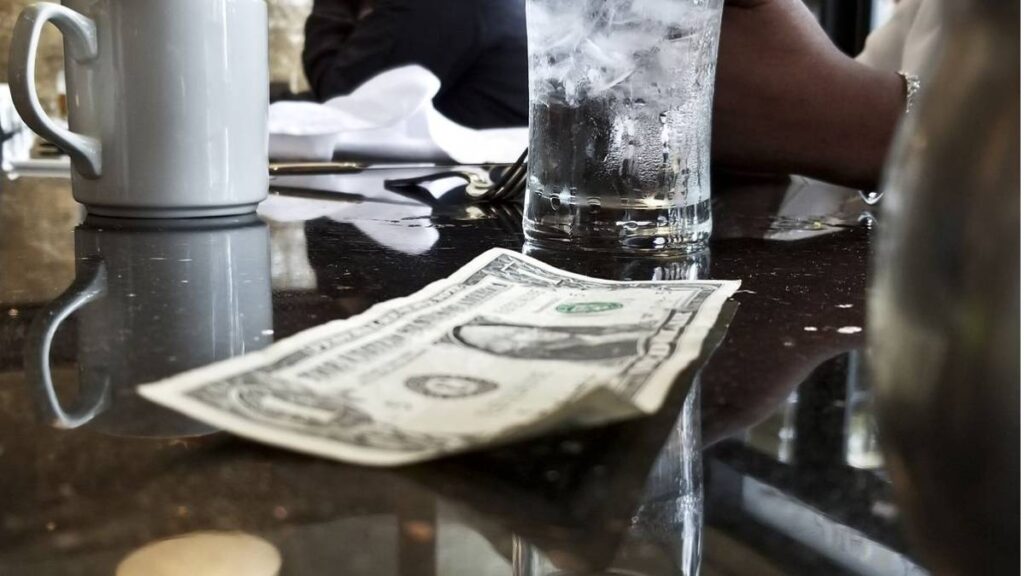Across the hospitality sector in the United States, particularly in restaurants, there is a subtle departure from the tradition of offering tips.
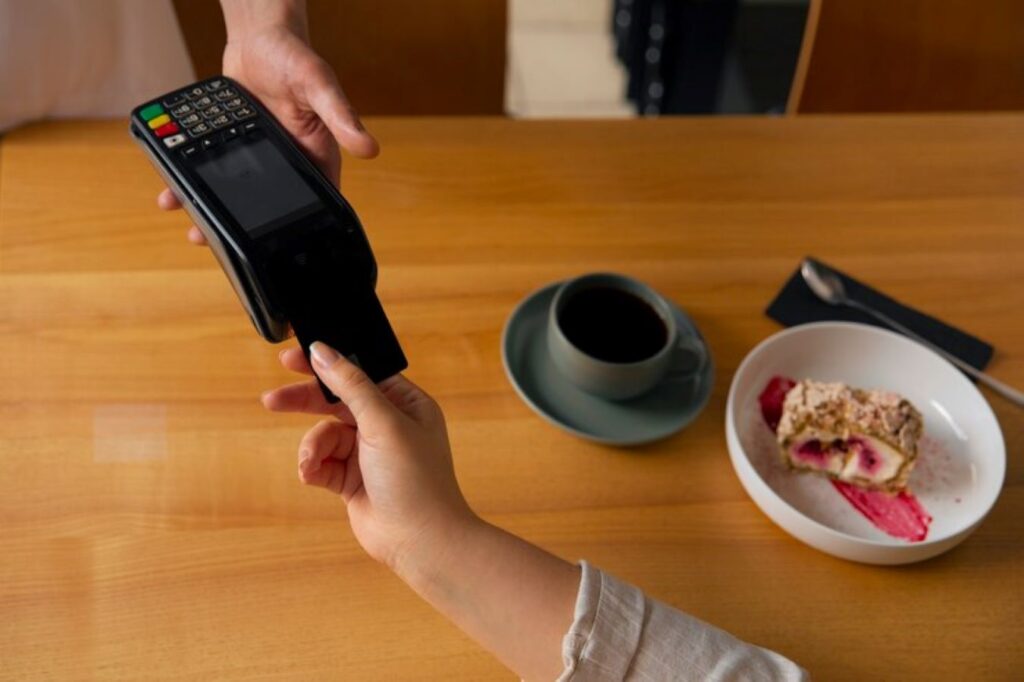
Instead, establishments are starting to adjust meal pricing to cover commensurate salaries of their employees. In other cases, they charge service fees on the bill. We shall be considering the effect these new prices may have on the affordability of meals.
Tipping at Restaurants is Slowly Going Out of Fashion
If you are accustomed to eating out in the States, you are probably familiar with the unofficial tipping system operating in restaurants.

Over the past century, waiters and other service staff often have their meager pay subsidized by an accumulation of tips given by customers who appreciate their service. However, this tradition is steadily fizzling out.
The Service Sector Received Some Serious Blows During the Lockdown
Sequel to the traction experienced by most restaurants during the COVID-19 pandemic, many of them are making notable changes to their business playbook.

Many of these restaurants are collectively trending toward eliminating traditional tipping and replacing it with dynamic meal pricing. However, the new pricing regime often comes with mandatory service fees.
Bye Tipping, Welcome Better Pay
So, unlike the meager remuneration that waiters and other service employees who interface with customers previously received, these businesses can now offer fair pay.

Unfortunately, this new trend is affecting customer traffic. For example, some customers are already accustomed to offering tips and are uncomfortable with paying a mandatory fee in its place.
Customers May Push Back
While most establishments are still cautiously implementing mandatory service charges, this may lead to a full-scale customer revolt.
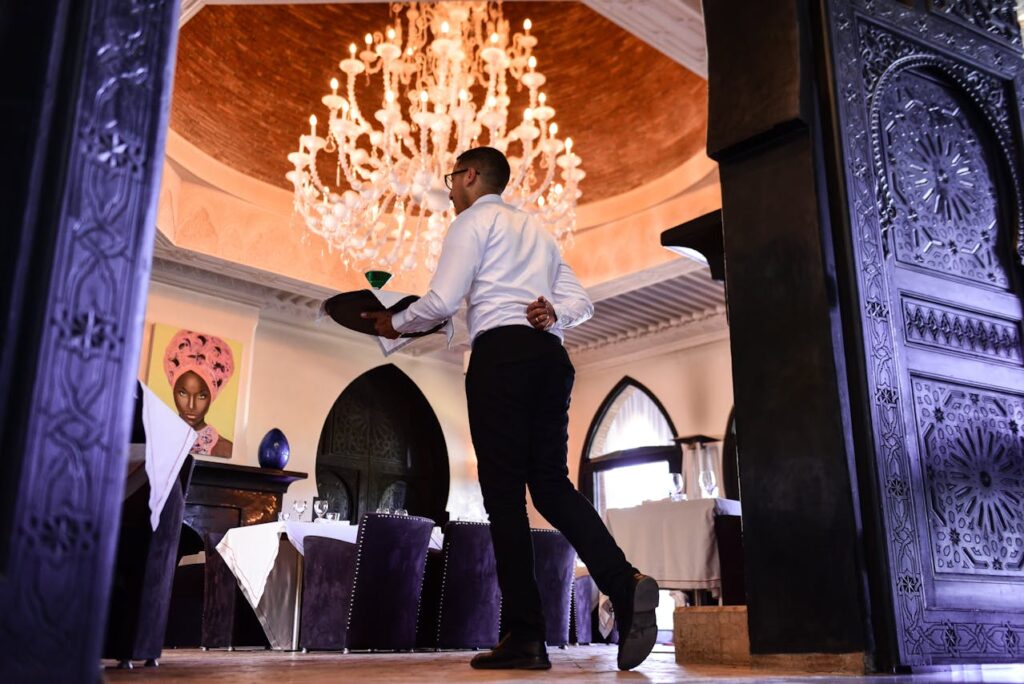
Boycotts of restaurants that enforce service charges may be inevitable. The only excuse customers need is just a few instances of subpar service to decide that the mandatory fee charge is not worth the service they are receiving.
Customers, Waiters, and Businesses Are Looking for the Best Bargains
Nonetheless, as we pay attention to what works best for the customer, we must remember that most of these businesses are not charities.

If they stop traditional tipping and proceed to upwardly review employees’ pay, they need to make up for the increase in overhead costs somehow. So, those restaurants incorporating dynamic charges into their billing are quite justified after all.
One of the Pioneers
One such restaurant, Casa Bonita in Lakewood, Colorado, has gone public with its complete departure from traditional tipping.
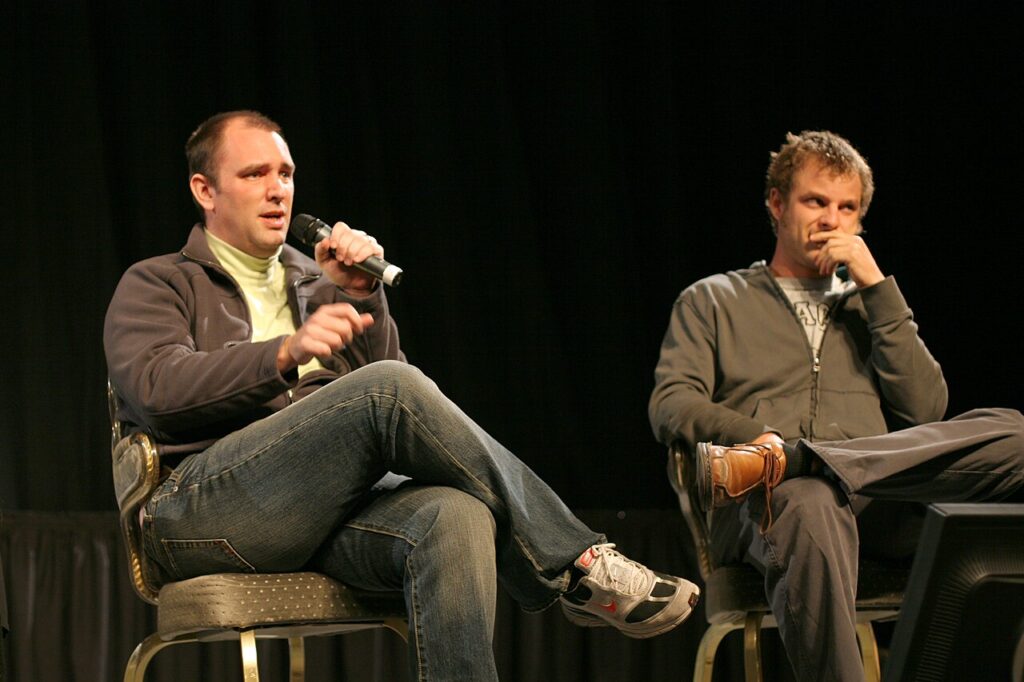
Trey Parker and Matt Stone, the creators of South Park, are largely responsible for Casa Bonita’s fame. Interestingly, this restaurant was one of the first to stop accepting tips.
Tickets for an Enjoyable Meal
According to findings by the University of Colorado Boulder, Casa Bonita has jettisoned tips and now issues tickets.

Here’s how it works. Getting a ticket at Casa Bonita does not make the meal any cheaper. The only implication is that customers enjoy a variation of non-culinary side attractions during their visit to the restaurant.
Tickets Can Be Expensive
A typical feature enjoyed by ticket-buying customers at Casa Bonita is the accompanying Mariachi music. To enjoy this accompaniment, adults pay as much as $40 and children $25 for the tickets.

A few customers who have patronized Casa Bonita since this change in pricing system say this new arrangement sometimes drains their purses more than the tipping era.
Expert Opinion About the End of Traditional Tipping
During an interview with CU Boulder Today, economics professor Jeff Zax expressed optimism about businesses’ decisions to end the traditional tipping regime.
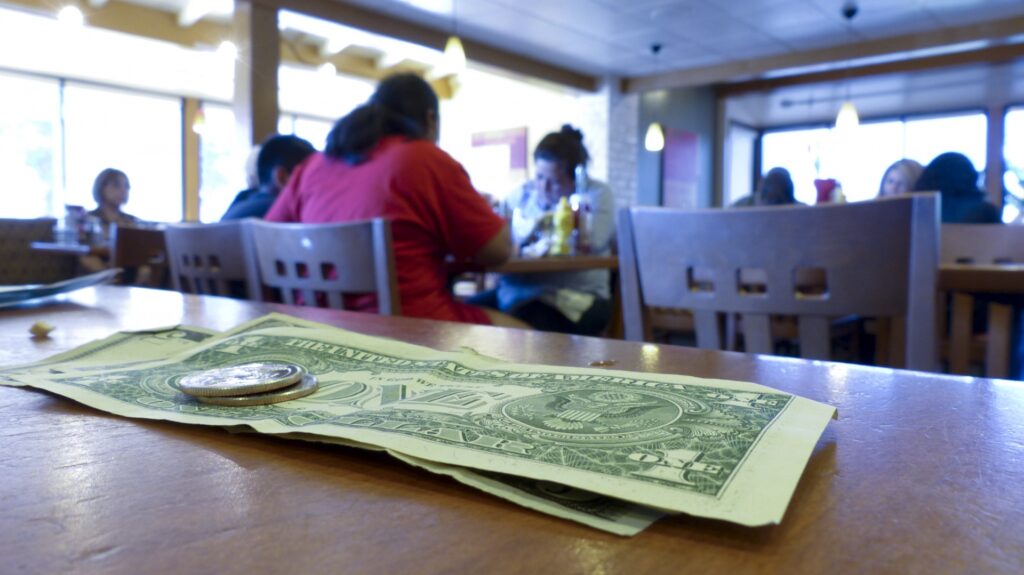
According to Professor Zax, this century-old method of employee compensation has been a long time coming. Zax said he is glad Casa Bonita took that bold step and looks forward to other restaurants following suit.
Good Riddance!
Professor Zax gave a detailed explanation of his opinion, which supports the elimination of traditional tipping.
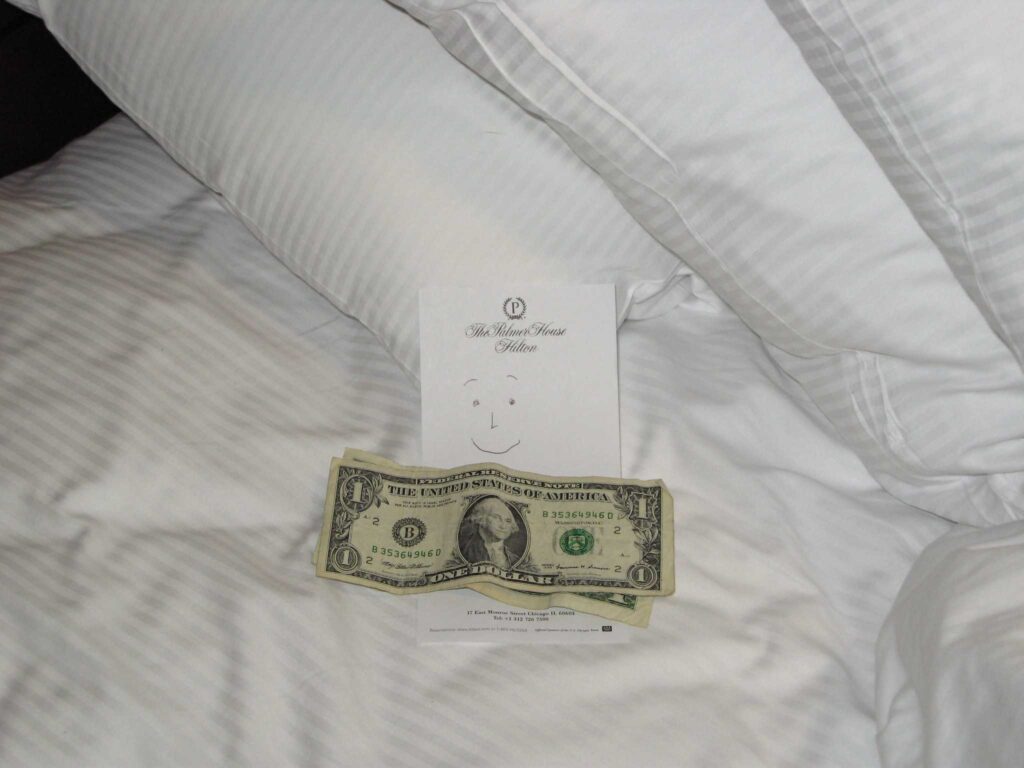
According to Zax, “Tipping is the dumbest form of compensation there is. I think the economy would be healthier without it altogether, and I’m very encouraged to see that at least some businesspeople are coming to understand that.”
Habits Die Hard
During the interview, the correspondent also asked Zax if he feels a time will come when tipping will become a thing of the past in the United States.
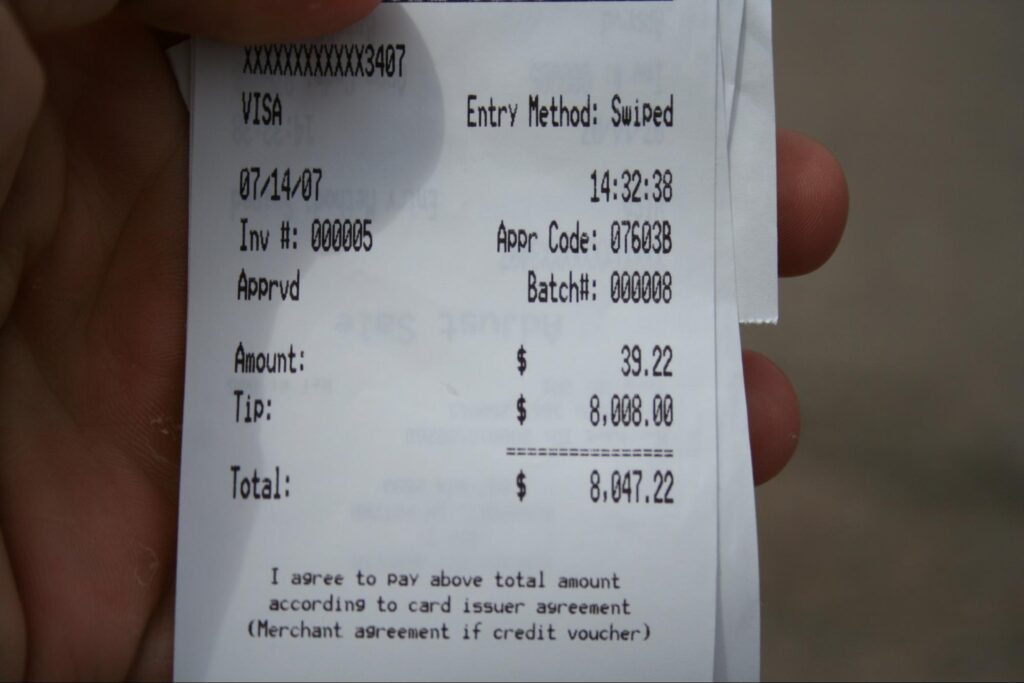
Almost spontaneously, the professor said he hoped the trend would catch on. However, he clarified that it is impossible to topple it completely. According to him, if a financial practice has survived this long, it will die hard.
Businesses Are Trying to Steady Up
The coping methods for the drop in revenue vary from business to business. So far, restaurants are each adopting whatever method works best for them.
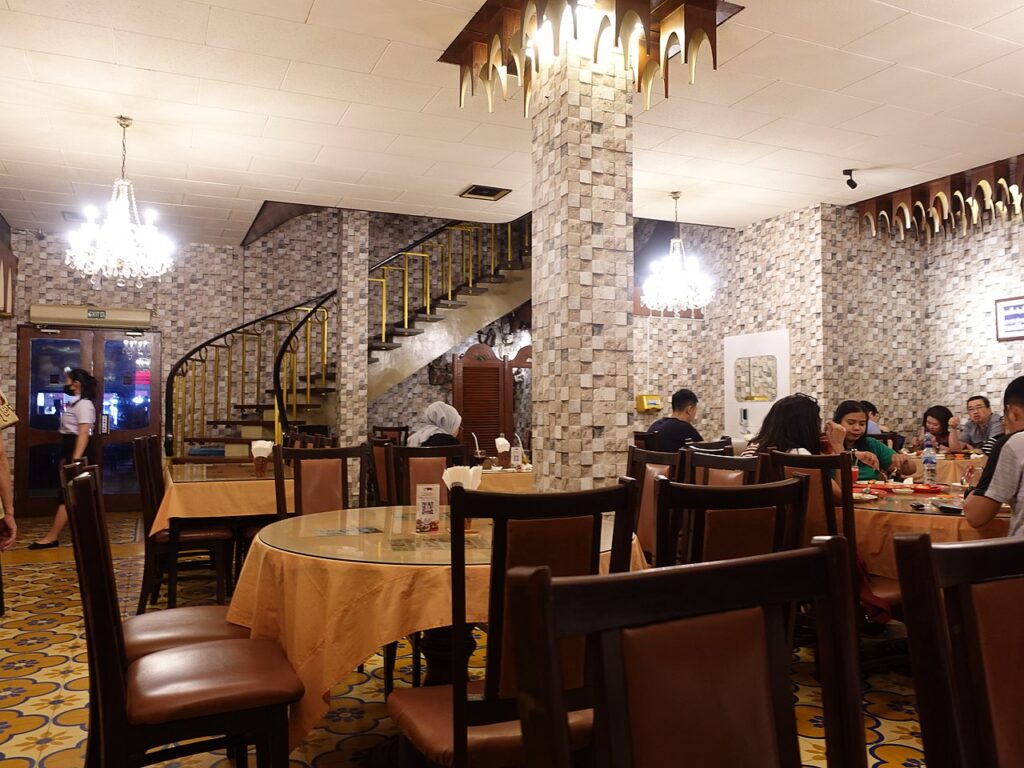
For some, their dynamic pricing involves jerking meal prices during peak periods. However, most Americans are mumbling their displeasure at this practice, as many argue it is unfair to the customers.
The Employee’s Perspective
However, while restaurants juggle different dynamic pricing methods, mandatory service fees and ticket issuance, all the service staff are mostly concerned about is fair remuneration.
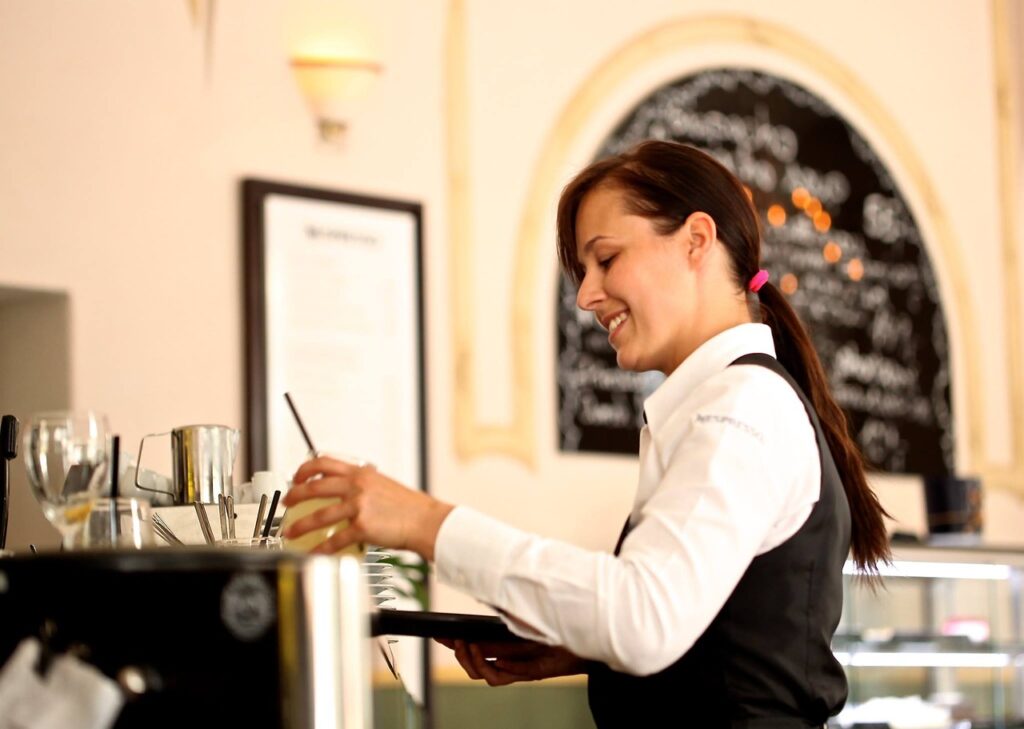
Indeed, most front-of-house staff in the service industry prefer to look forward to steady and predictable pay instead of daily praying that tipping customers will be benevolent.
Meal Prices Are Unlikely to Go Down
Reduction in the price of meals after restaurants end traditional tipping is still a topic open to debate.
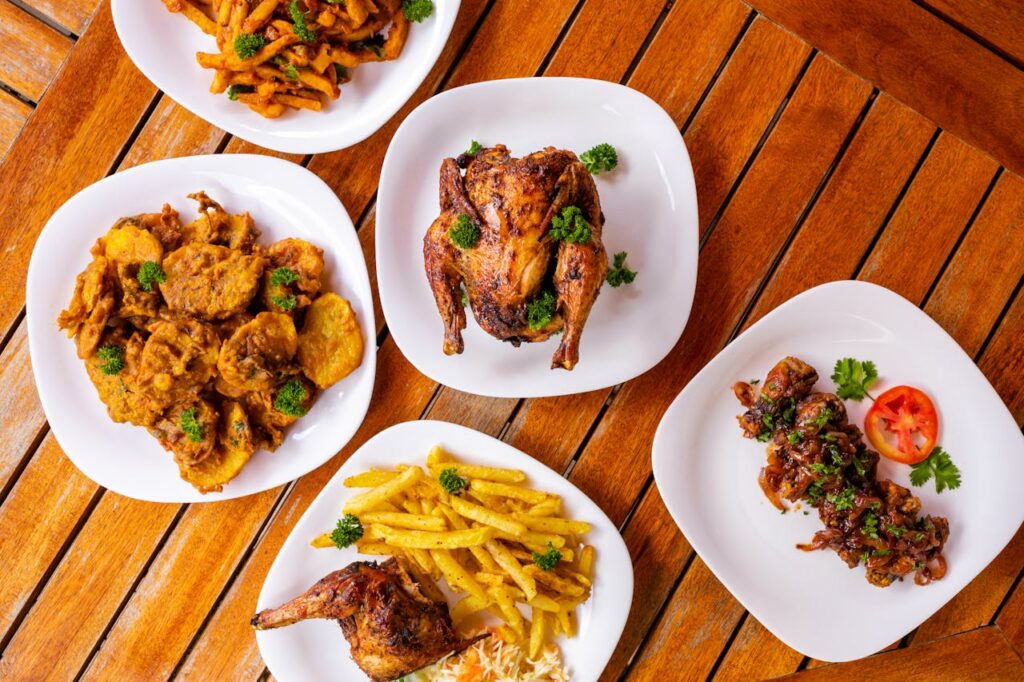
However, what has happened so far with the firstcomers to the initiative indicates that a reduction in meal prices is very unlikely. This is because the service fees and similar charges would still reach previous price ranges, if not more.

